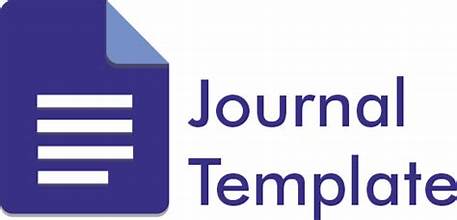EVALUATION OF BENGKULU CITY REGIONAL REGULATION NO. 11 OF 2021 CONCERNING THE IMPLEMENTATION OF CHILD-FRIENDLY CITIES
DOI:
https://doi.org/10.69745/ijsspp.v2i3.103Abstract
Based on Regional Regulation no. 11 of 2021 Bengkulu City concerning the implementation of a Child Friendly City. KLA is a city with a development system that guarantees the fulfillment of children's rights and special protection for children in a planned, comprehensive and sustainable manner. This research aims to determine the evaluation of the regional regulatory policy process focusing on article 8 Number 3 regarding the fulfillment of family environmental rights and alternative care for children. The research method uses qualitative. The results of the research show that in the evaluation of Regional Regulation Number 11 of 2021 of Bengkulu City concerning Child Friendly Cities regarding Article 8 Number 3 concerning the fulfillment of family environmental rights and alternative care, that the City Government has provided facilities for every fulfillment of child care. It can be concluded that: 1) The city government has fulfilled its provision of facilities, whether in the form of complaints or assistance. 2) There is still a lack of a routine agenda and a lack of comprehensive socialization programs for the community. The suggestion is to improve and develop the program agenda as a whole in the form of comprehensive outreach to the community regarding children's rights in order to seek understanding and public awareness regarding the protection and rights of children.
References
Al-Fatih, S. (2021). House of Role As An Effort to Protect Children From Violence: An Indonesian Human Rights Perspective. Audito Comparative Law Journal (ACLJ). https://ejournal.umm.ac.id/index.php/audito/article/view/15145
Amin, S., & Alaudin, M. R. S. (2023). THE ROLE OF MODERNIZERS IN REALIZING A CHILD-FRIENDLY DISTRICT IN KOLAKA. Journal Publicuho. http://journalpublicuho.uho.ac.id/index.php/journal/article/view/202
Andriyanto, F., & Purnaweni, H. (2017). Stakeholder Analysis in the Formulation of Child-Friendly City Policy in Semarang City. Journal of Public Policy and ...https://ejournal3.undip.ac.id/index.php/jppmr/article/view/16208
Anggraini, D., & Husain, M. N. (2023). REALIZING A NEED-BASED CHILD-FRIENDLY CITY IN KENDARI CITY. In Journal Publicuho. journalpublicuho.uho.ac.id. http://journalpublicuho.uho.ac.id/index.php/journal/article/download/337/200
Anwar, M., Wibowo, S., & Ardhi, K. F. (2021). Child-friendly Family Program as A Medium of Child Rights Education for Parents. ... Journal of Character Education ...https://journal.ummat.ac.id/index.php/JCES/article/view/3922
Barus, J., Safitri, N., & Husaini, H. (2023). Study of Verbal Bullying in Early Adolescents. In Journal for ...repository.iainlhokseumawe.ac.id. https://repository.iainlhokseumawe.ac.id/id/eprint/285/1/Study of Verbal Bullying in Early Adolescents - Sinta 2.pdf
Budhi, S. (2022). IMPLEMENTATION OF REGIONAL REGULATION NUMBER 3 OF 2020 CONCERNING THE IMPLEMENTATION OF LAYAK ANAK DISTRICTS AT THE OFFICE OF .... International Journal Political, Law, and Social Science. https://www.ijpls.org/index.php/IJPLS/article/view/45
Desvyati, R. (2017). Implementation of Child-Friendly City Indicators in Tanjungpinang City. Journal of Law and Policy Transformation. https://journal.uib.ac.id/index.php/jlpt/article/view/75
Djohari, Y. W. A., & Hernawati, N. (2018). The Influence Of Peer Group Interaction And Moral Development Toward Aggression Behavior of School-Aged Children In Urban Poor Areas. Journal of Child ...https://jurnalpenyuluhan.ipb.ac.id/index.php/jcds/article/view/20876












